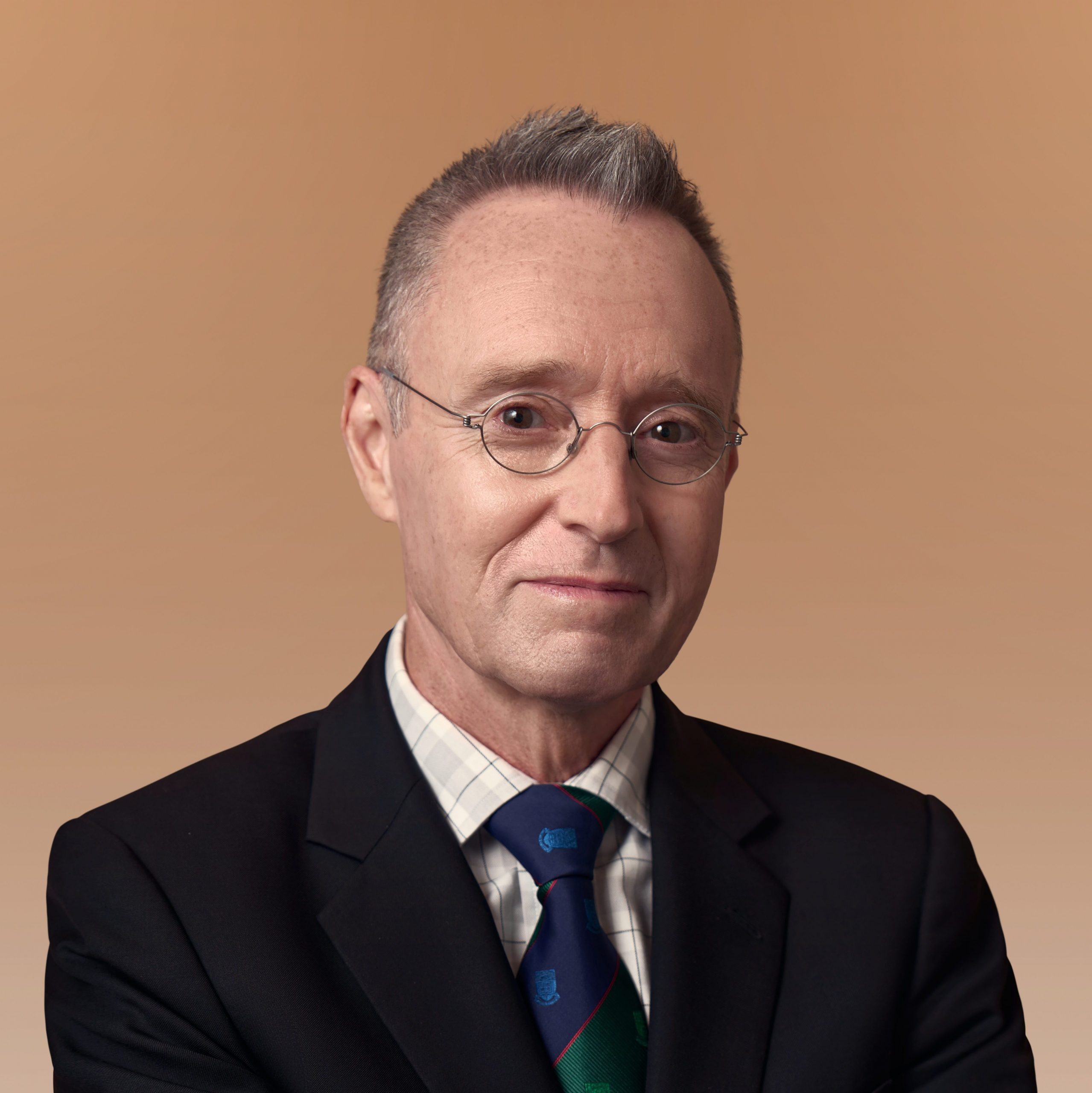May 2023 | Volume 24 No. 2
Music, Maestro, Please!
MUSE, for My University Spotlight Encounters, was created as a collaboration between the Cultural Management Office (CMO) and the Music Department to offer framed artistic experiences with intellectual engagement, and to fulfil the bigger creative objective of taking the relationship between musician and audience to the next level.
“Usually there’s a glass wall between audience and artist – we aim to break through that wall to enable them to interact and engage with one another,” said Ms Sharon Lu, Programme Director of the CMO, which works with the Music Department in developing MUSE’s programmes. “We have built a very good reputation among audiences, from complete newbies to learned music critics. They love that we create unique programmes and invite innovative artists and we offer supplementary activities and projects around every event which everyone can share in to enhance their overall experience.”
“We aim to go further,” said Professor Ian Holliday, Vice-President and Pro- Vice-Chancellor of HKU, who also serves on MUSE advisory board. “Because MUSE is from HKU, there is a unique academic dimension that others don’t have. Many cultural sources exist in Hong Kong – Hong Kong Philharmonic Orchestra, Hong Kong Sinfonietta etc – but we offer academic context and infrastructure. It’s not just about the performance but also the knowledge involved and the events surrounding it. And we have the cultural weight within our Music Department to back it up: Professor Daniel Chua [MUSE founder, Chair of HKU’s Music Department and Mr and Mrs Hung Hing-ying Professor in the Arts], for example, is a world-class expert on Beethoven.”
Examples of the range of MUSE’s creative programmes include The Immortal 32, which saw one pianist (Konstantin Lifschitz) play all 32 of Beethoven’s piano sonatas in chronological order, in eight concerts performed over two weekends – a rare chance to hear how Beethoven’s music progressed through his life. On the more quirky end of the music spectrum, renowned harpsichord player Jean Rondeau gave several performances during his visit to HKU including a jam session with zheng player Chiu Tan Ching!
Central to all MUSE activities is the 900-seater concert hall, built as a crowning centrepiece to the University’s Centennial Campus, and renowned for its world-class acoustics. “The Grand Hall is our instrument,” said Ms Lu. “It is a tremendous venue, and the moment an audience member steps into the space they start to soak up the atmosphere and realise this experience is going to be totally different to other classical music events. We regularly sell it out and we make tickets affordable [HK$50] to HKU students.”
MUSE strives to ensure HKU students are encouraged to participate in a variety of ways: there are Master Classes with visiting artists; student singers get to perform alongside world-class choirs such as St John’s College Cambridge; and visiting artists play and/or read new works by composition students. They can also get involved in the production side of main events, whether it’s through writing the programme notes, greeting audiences at concerts or backstage preparation.
Audience engagement
“Engaging people who are new to classical music is no simple matter,” said Professor Holliday. “If you come to it later in life, some composers may be a stretch, and we want to help people make that stretch. But people need to meet us halfway – they need to get to grips with the programme. We don’t dumb it down, we’re not advocating ‘pop classics’, and other orchestras already do concerts aimed at kids. Our core audience is young adults – HKU students – and this also reflects our academic niche.”
A measure of MUSE’s success in meeting the needs of their target audience can be found in the concert last semester by 18-year-old South Korean pianist Yunchan Lim, tickets for which sold out in around an hour. Lim shot to worldwide fame when he became the youngest pianist to win the prestigious Van Cliburn International Piano Competition.
“It says a lot that we were able to get him,” said Ms Lu. “He chose to accept our invitation to HKU for his debut performance in Hong Kong. We also know we’re on the right path when musicians are happy to return because they like our approach. For example, Paul Lewis came to play Schubert’s Piano Sonata in G Major in 2019, and is now returning to perform and discuss all of the composer’s completed sonatas as part of our 10-year celebrations.”
Other MUSE activities include CDs and podcasts, an annual Messiah Sing-Along, the Public Piano Project – a piano located on campus that anyone is welcome to play – as well as outreach projects such as Ink Art & New Music, a collaboration with Hong Kong’s M+ museum and Bard College Conservatory of Music in New York that combined ink paintings and music, and a Literature x Music series, introducing subjects such as Musical Murakami and Musical Pushkin.
Summing up 10 years of musical high notes is hard, but Professor Chua put it well in his website intro: “In the last 10 years, MUSE has amused, bemused and confused the standard practices in concert presentation, bringing new ideas to the cultural offering in Hong Kong.”
Because MUSE is from HKU, there is a unique academic dimension that others don’t have. Many cultural sources exist in Hong Kong but we offer academic context and infrastructure. It’s not just about the performance but also the knowledge involved and the events surrounding it.

PROFESSOR IAN HOLLIDAY

